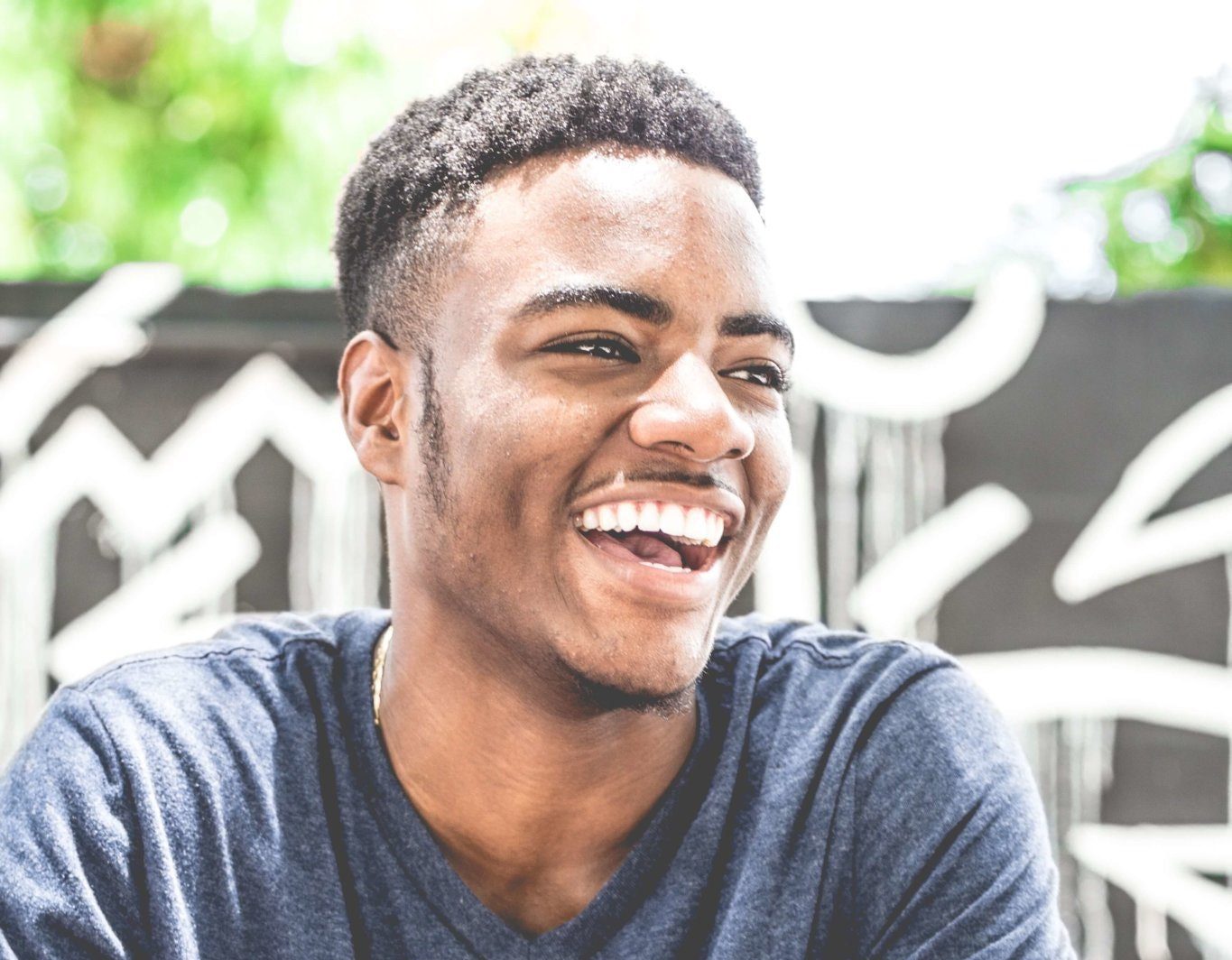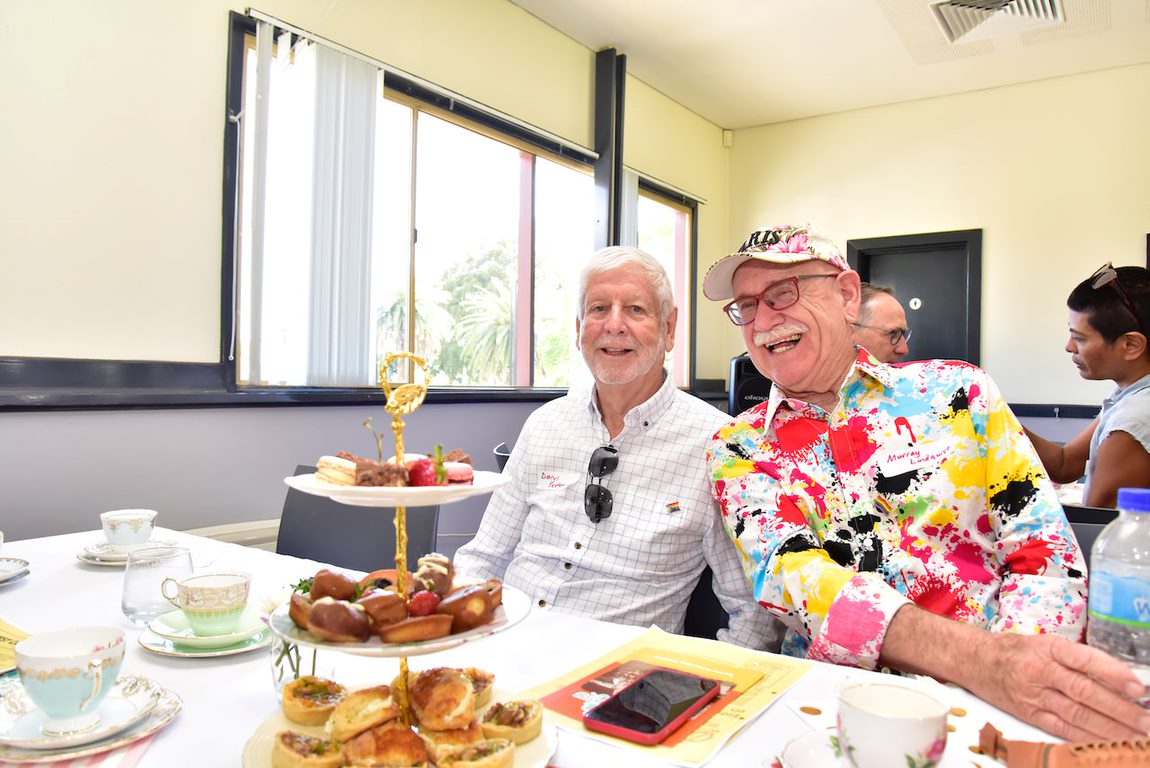
Discover these captivating stories of older LGBTI individuals, shared with courage and conviction and, occasionally, a touch of sass. These tales cover a time when being ‘out’ was not only difficult, but often illegal. Be prepared to celebrate love, follow journeys from discrimination to liberation and be inspired by the resilience of our community.
On Wednesday 13 November, LGBTIQ+ Health Australia hosted an eye-opening webinar featuring Gay, Lesbian, Bisexual, Trans and Intersex Rights in Ageing Inc. (GRAI) groundbreaking publication, “Our Voices Have Changed the World”—a captivating series of interviews with older LGBTI individuals sharing their powerful journeys of love, resilience, and activism.
The International Federation on Ageing (IFA) Global Cafe series aims to be a point of connection of colleagues working in the field of ageing with and on behalf of millions of older people. This is a worldwide online conversation held each week.
